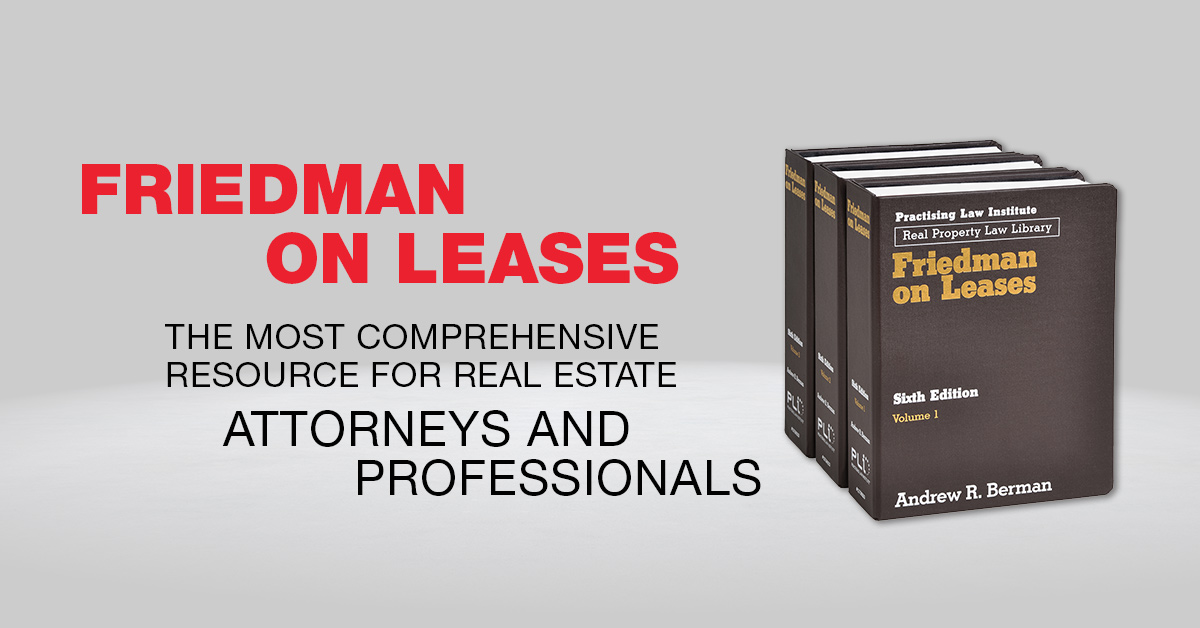Holtzchue on Real Estate Contracts and Closings: A Step-by-Step Guide to Buying and Selling Real Estate (Third Edition) provides thorough legal, technical, strategic guidance to help implement dispute-free residential and commercial deals more quickly and easily. Featuring checklists, highlighted practice tips, and dozens of useful forms, this treatise is a valuable step-by-step “how to” guide that ensures practitioners can successfully prepare for a sale or purchase of real estate.
Release #21 includes new and updated cases and other authority throughout the text, including in the following important areas:
- Attorney Malpractice: New section collects malpractice cases (see Front Matter at “Ethics and Professional Responsibility,” section [10]).
- Purchase Money Note and Mortgage: Recent cases on installment land sale contracts (see section 2:2.5[B]).
- Acceptable Title and Title Insurance: Where the N.Y. Appellate Division reversed annulment of Insurance Regulation 208, which prohibited title insurance corporations and title agents from providing any marketing payments or entertainments to attorneys, but affirmed annulment of regulations on closer fees and ancillary fee caps.
- Closing Date and Place: Recent cases where the contract expressly states that time is of the essence (see section 2:2.9).
- Condition of Premises and Caveat Emptor: Recent cases on affirmative representation on mold and Property Condition Disclosure Statement regarding water damage (see section 2:2.11[A][2]).
- Remedies for Breach or Failure to Close: Recent cases on breaches by seller and specific performance (see section 2:2.17[A],[A][3]).
- NYSBA Ethics Opinions: NYSBA Ethics Opinion 1161, opining that when a lawyer prepares a contract of sale, the lawyer may not disclose the contract to the broker who requested a copy without the client’s informed consent (see section 1:1.2).
This treatise is available on PLI PLUS. If you would like to order a print copy, please contact libraryrelations@pli.edu.
